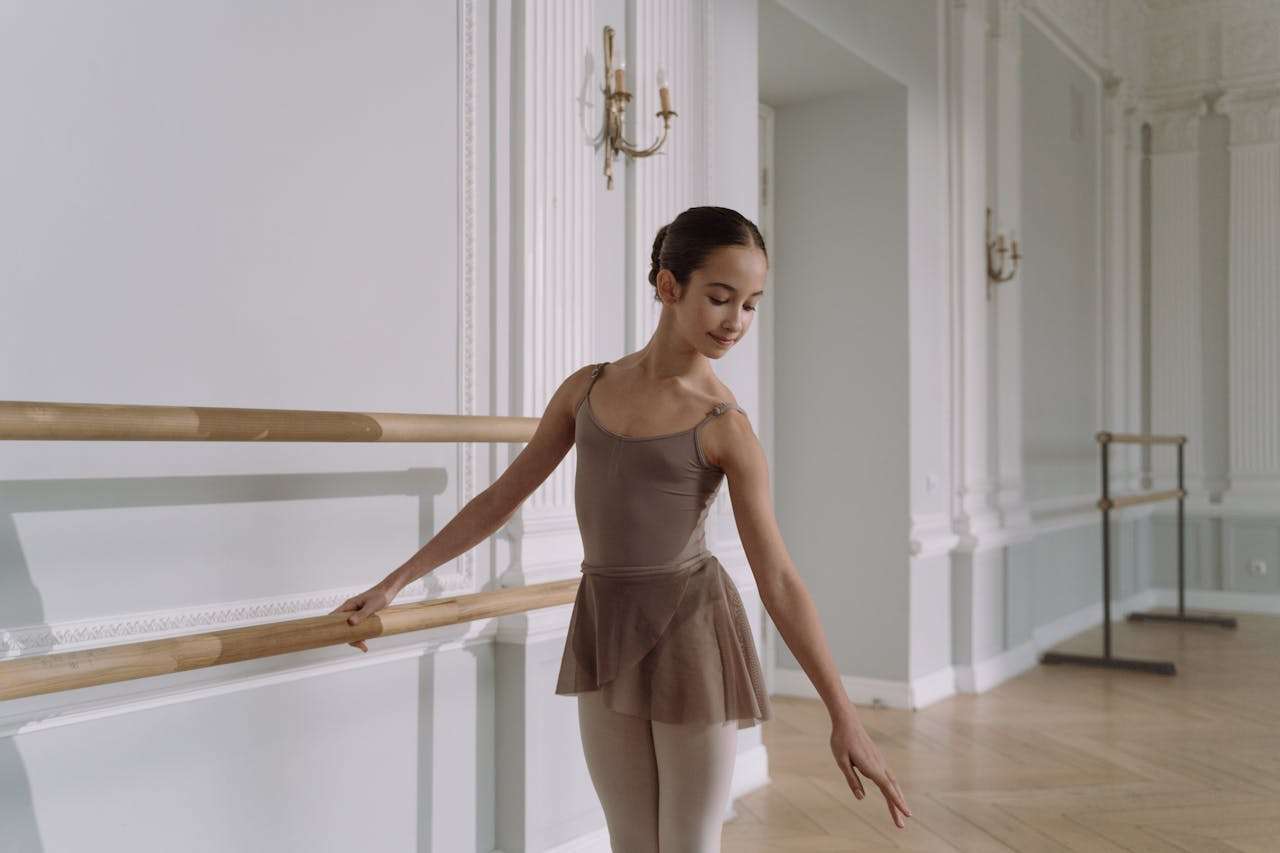1. 简单清晰的一天
My day starts at 6:30 a.m. I get up, brush my teeth, and wash my face. After breakfast, I go to school by bike. Classes begin at 8:00. I have four classes in the morning and two in the afternoon. At noon, I eat lunch at school. After school, I do my homework and play basketball with my friends. I go to bed at 9:30 p.m. I feel happy every day.
我的一天从早上6:30开始。我起床、刷牙、洗脸。吃完早餐后,我骑自行车去上学。课程8点开始。上午有四节课,下午有两节。中午,我在学校吃午饭。放学后,我做作业,和朋友们打篮球。我晚上9:30上床睡觉。我每天都感到很开心。
✍️点评与重点:这篇作文使用了非常基础的词汇和简单句型,适合初学者模仿。重点词汇包括:get up(起床)、brush my teeth(刷牙)、go to school(上学)、do homework(做作业)。时态为一般现在时,描述日常习惯。
2. 充实而有规律的生活
Every day, I wake up at 6:45. I make my bed and get dressed quickly. I have a quick breakfast with my family. Then I take the bus to school. School starts at 7:50. I study Chinese, math, English, and science. I like English best. After school, I join the school choir. I practice singing from 4:30 to 5:30. Then I go home, have dinner, and finish my homework. I usually read a book before sleeping.
每天我都在6:45醒来。我快速整理床铺并穿好衣服。我和家人一起吃简单的早餐。然后我坐公交车去上学。学校7:50开始上课。我学习语文、数学、英语和科学。我最喜欢英语。放学后,我参加学校合唱团。我从4:30到5:30练习唱歌。然后我回家,吃晚饭并完成作业。我通常在睡觉前读一本书。
点评与重点:这篇作文加入了更多细节,如具体科目和课外活动(choir 合唱团)。使用了时间顺序连接词(then, after, from...to...)使文章更连贯。重点句型:“I like...best” 表达偏好,适合初中生使用。
3. 周末的一天
On weekends, I don’t go to school. I get up at 8:00 a.m. First, I clean my room. Then I help my mom cook breakfast. In the afternoon, I go to the library to read books or study. Sometimes I watch a movie with my family. In the evening, I play games on the computer for one hour. I go to bed at 10:00 p.m. I enjoy my weekends because I can relax.
在周末,我不去上学。我早上8点起床。首先,我打扫房间。然后我帮妈妈做早餐。下午,我去图书馆看书或学习。有时我和家人一起看电影。晚上,我玩一小时的电脑游戏。我晚上10点上床睡觉。我喜欢周末,因为我可以放松。
✍️点评与重点:这篇作文聚焦于周末生活,使用了“On weekends”开头,清晰点明主题。动词短语如“clean my room”、“help my mom cook”、“go to the library”都是实用表达。重点结构:“because” 引导原因状语从句,增强表达逻辑。
4. 忙碌但快乐的一天
Today is Monday, and it’s a busy day. I get up at 6:20 and take a shower. I eat noodles for breakfast. I leave home at 7:10 and walk to school. We have a math test in the morning, so I feel a little nervous. At lunchtime, my best friend tells me a funny joke, and I laugh a lot. After school, I attend a science club. We do fun experiments. I get home at 6:00 p.m. I eat dinner, take a rest, and review my lessons. I go to bed late, at 10:30, but I still feel happy.
今天是星期一,是忙碌的一天。我6:20起床并洗了个澡。早餐我吃了面条。我7:10离开家,步行去学校。上午我们有数学考试,所以我有点紧张。午饭时间,我最好的朋友给我讲了一个有趣的笑话,我笑得很开心。放学后,我参加了科学俱乐部。我们做了有趣的实验。我下午6点到家。我吃晚饭、休息一下,然后复习功课。我睡得比较晚,10:30才上床,但我仍然感到开心。
✍️点评与重点:这篇作文使用了具体情境(math test, science club),增强了真实感。情感描写如“feel nervous”、“laugh a lot”让文章更生动。重点词汇:“attend a club”(参加俱乐部)、“review lessons”(复习功课)是初中生常用表达。
5. 特别的一天
Last Saturday was special. I didn’t get up late. I helped my parents clean the house in the morning. In the afternoon, I went to a park with my classmates. We flew kites and took photos. We also had a picnic under a big tree. I brought sandwiches and juice. We talked and laughed all the time. I felt very excited. When I got home, I was tired but happy. It was a wonderful day!
上个星期六很特别。我没有睡懒觉。早上我帮父母打扫房子。下午,我和同学们去了公园。我们放风筝、拍照,还在一棵大树下野餐。我带了三明治和果汁。我们一直聊天、大笑。我感到非常兴奋。当我回到家时,虽然很累,但很开心。这是美好的一天!
✍️点评与重点:这篇作文使用了一般过去时(was, helped, went, had),适合描述过去事件。关键词汇:“fly kites”(放风筝)、“have a picnic”(野餐)、“take photos”(拍照)是描述户外活动的常用短语。结尾情感总结(tired but happy)增强了感染力,值得学习。
👉 关注 水滴英语作文网,每天进步一点点,英语写作更出色!

